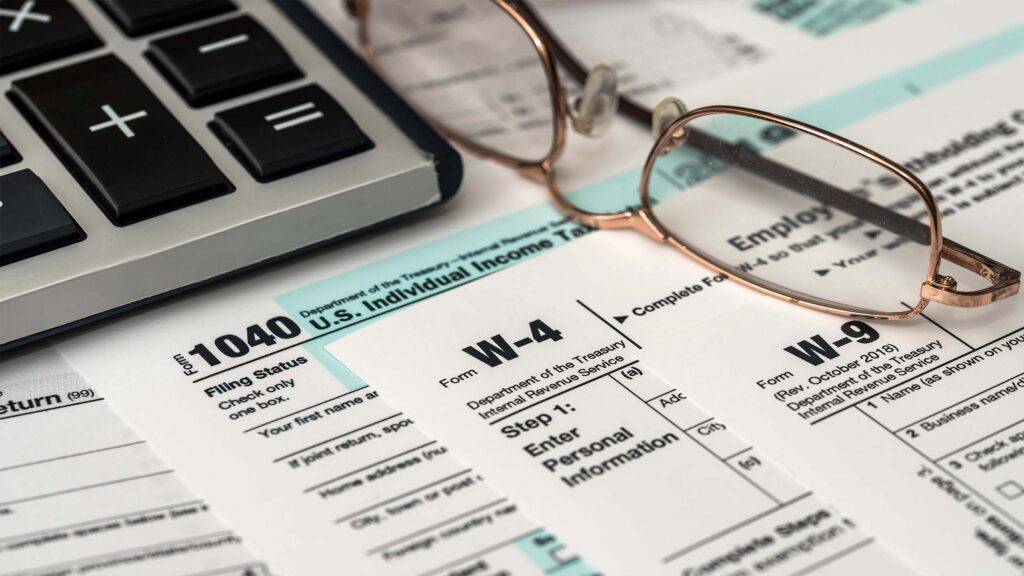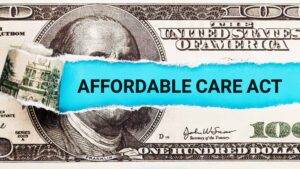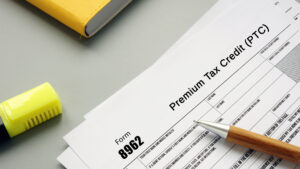
A family-friendly New Orleans CPE conference makes it easy to earn credits in the morning
4 min read
VALENTINE’S DAY FLASH SALE – Shop Tax Updates, OBBBA series and Save Now, Choose Later

Tax season. A time dreaded by taxpayers and tax professionals alike. Millions of Americans need help navigating changing tax laws for filing their individual and business returns accurately. Tax preparers look at tax season as an opportunity to be of service to their communities while building financial success. If you’re here, you’re probably wondering how to become a tax preparer. Turns out, getting started as a tax preparer is more accessible than you might think.
Tax preparers help individuals and businesses prepare, calculate, and file federal and state income tax returns for a fee. They are an essential part of the tax industry, actively serving the communities they live in by ensuring their clients are tax compliant. New preparers typically focus on individual income tax returns, while more experienced tax preparers who have completed the Annual Filing Season Program may handle business returns, represent clients before the IRS, or specialize in areas like retirement planning or small business taxation. The work is largely seasonal, with the busiest period for a tax preparer beginning in January and ending in April.
It may surprise you to learn that there’s almost no barrier to entry when it comes to entering the tax-preparation field. However, you will need an understanding of basic math, have computer skills, and customer-service acumen.
And more importantly, you will also need a Preparer Tax Identification Number (PTIN) from the IRS. Anyone who prepares tax returns for clients must have a PTIN with the IRS. Applying for a PTIN takes about 15 minutes online, but there are a few other steps to consider as well.
Apply online at the IRS website. There is a $19.75 non-refundable application fee. You will also need to provide your social security number, personal/business information, your previous year’s individual tax return, and more.
You’ll want the ability to file all of the tax returns you prepare electronically. For that, you’ll need to fill out the IRS’s e-file application for an Electronic Filing Identification Number (EFIN). Processing the application can take up to 45 days and includes a background check unless you’re already a licensed professional like a certified public accountant (CPA).
This is crucial—requirements vary dramatically by state. California, Connecticut, Maryland, New York, Illinois, Nevada, and Oregon require additional licensing or registration. Some states mandate specific training hours, exams, or surety bonds. Be sure to check your state’s requirements before accepting any clients.
While formal education isn’t required, investing in the right education will significantly improve your ability to help clients. The IRS has created the Annual Filing Season Program (AFSP) for this very reason. Participants in the AFSP complete 18 hours of continuing education from an IRS-approved provider. The completion of this program requires that participants take the Annual Federal Tax Refresher (AFTR) course and pass its comprehension test.
Tax preparers who pass the AFSP receive a Record of Completion and are added to the Directory of Federal Tax Return Preparers. Tax preparers who pass the AFSP can also market their credentials with the term “AFSP – Record of Completion”. Participants who pass the AFSP will also be allowed limited representation rights for clients who returns you prepared and signed before revenue agents, customer service representatives, and similar IRS employees, including the Taxpayer Advocate Service.
Tax laws change yearly. Just this year, President Donald Trump signed the One, Big, Beautiful Bill Act, which held 350-pages of tax law changes. That’s why it’s important to follow IRS announcements and consider attending CPE conferences or CPE seminars.
Becoming a tax preparer is an excellent way to grow into other roles in the tax industry, especially if you want to earn credentials for becoming an Enrolled Agent (EA) or Certified Public Accountant (CPA). Both EA and CPA roles yield increased earning potential and allow you to expand your services beyond tax preparation.
Becoming a tax preparer can be an excellent first step for anyone looking to provide a much needed service in their community with career growth opportunities to more specialized roles. Start by obtaining your PTIN, researching your state’s specific requirements, and find the right Annual Filing Season Program (AFSP) for you.
Whether you’re looking for seasonal income or building toward a full-time practice, the tax-preparation industry offers opportunities for growth and specialization. With proper preparation and dedication to ongoing learning, you can build a rewarding career, helping clients navigate their tax responsibilities while building your own financial success.






Subscribe to our news, analysis, and updates to receive 10% off your first purchase of an on-demand digital CPE course.